Lockheed Martin engineers wear the goggles to help them assemble the crew capsule Orion—without having to read thousands of pages of paper instructions.
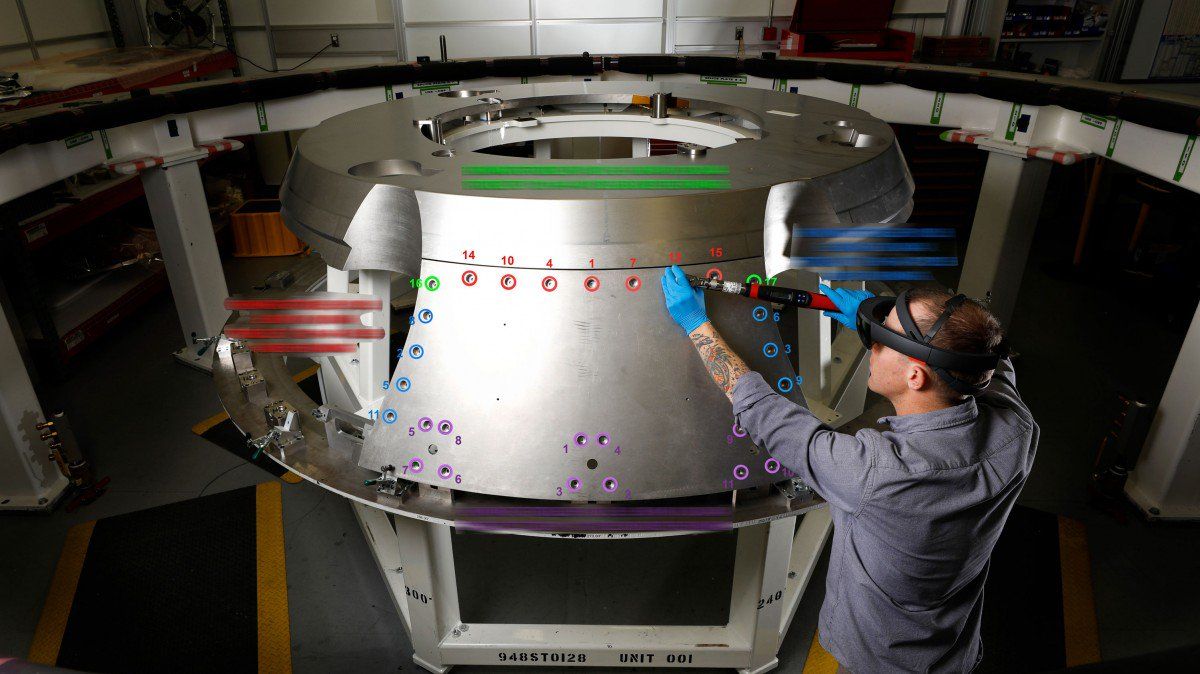

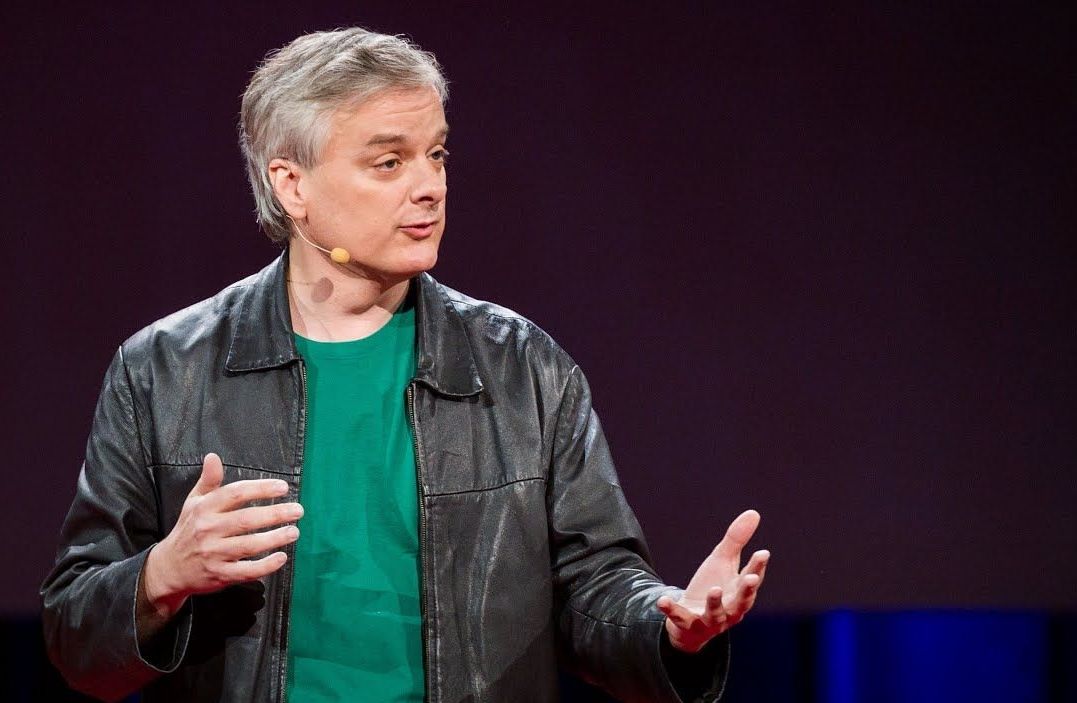
‘’If we are indeed “subjects of unconscious authoring” then continuing to characterise psychological states in terms of being conscious and non-conscious is unhelpful. It constrains the theoretical understanding of psychological processes. ‘’
If consciousness is a by-product of our brains’ nonconscious processes, where does that leave us?
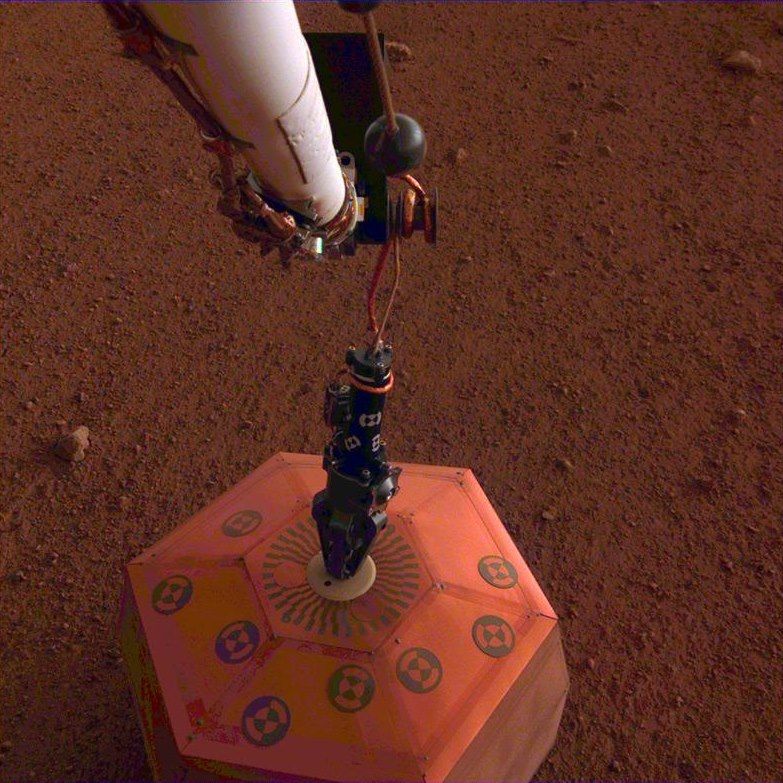
19, marking the first time a science instrument has ever been placed onto the surface of another planet. The lander is set to study the interior of Mars and listen for marsquakes. Details: https://go.nasa.gov/2EDHdXt
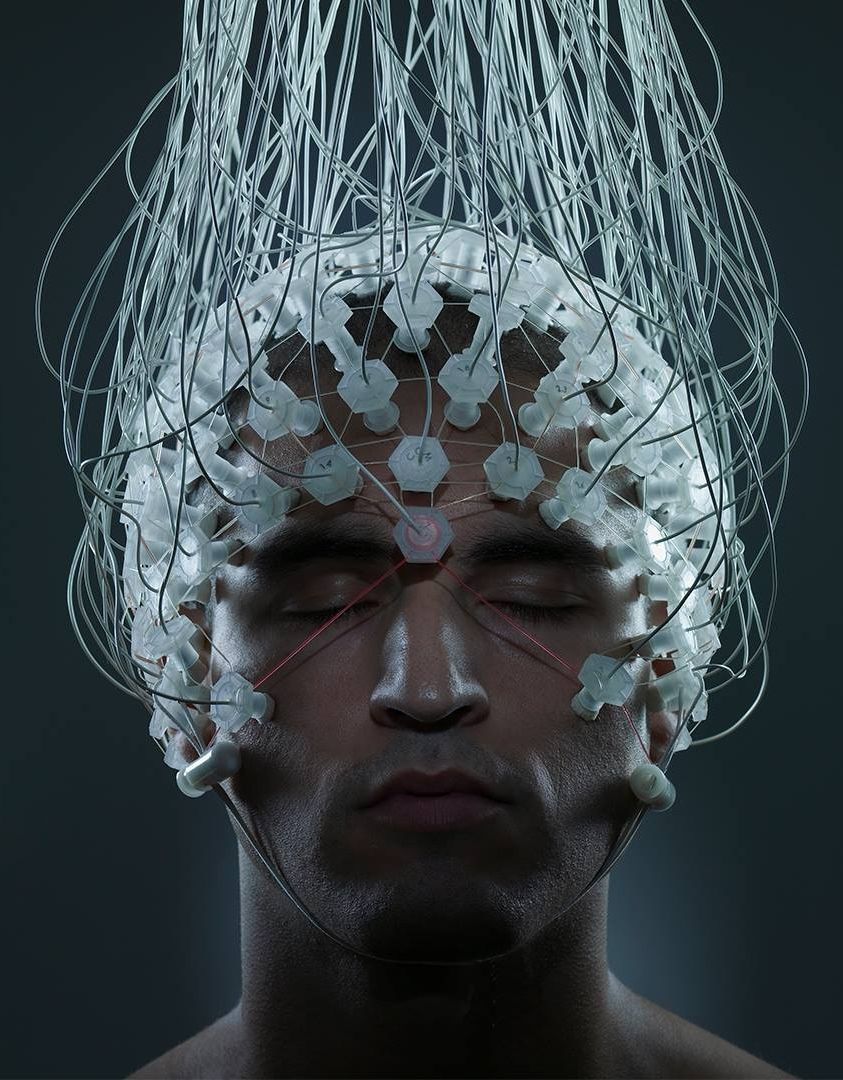

Scientists say the underground ecosystems are a “subterranean Galapagos” just waiting to be studied.
This unidentified nematode from the Kopanang gold mine in South Africa lives 1.4 kilometers below the surface. Gaetan Borgonie / Extreme Life Isyensya, Belgium.
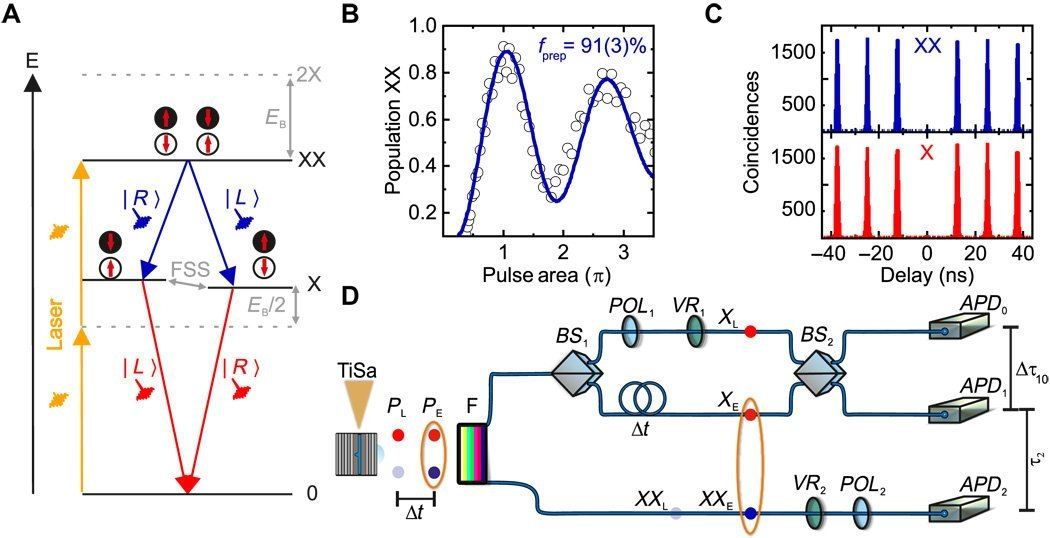
https://paper.li/e-1437691924#/
A team of researchers from Austria, Italy and Sweden has successfully demonstrated teleportation using on-demand photons from quantum dots. In their paper published in the journal Science Advances, the group explains how they accomplished this feat and how it applies to future quantum communications networks.
Scientists and many others are very interested in developing truly quantum communications networks—it is believed that such networks will be safe from hacking or eavesdropping due to their very nature. But, as the researchers with this new effort point out, there are still some problems standing in the way. One of these is the difficulty in amplifying quantum signals. One way to get around this problem, they note, is to generate photons on-demand as part of a quantum repeater—this helps to effectively handle the high clock rates. In this new effort, they have done just that, using semiconductor quantum dots.
Prior work surrounding the possibility of using semiconductor quantum dots has shown that it is a feasible way to demonstrate teleportation, but only under certain conditions, none of which allowed for on-demand applications. Because of that, they have not been considered a push-button technology. In this new effort, the researchers overcame this problem by creating quantum dots that were highly symmetrical using an etching method to create the hole pairs in which the quantum dots develop. The process they used was called a XX (biexciton)–X (exciton) cascade. They then employed a dual-pulsed excitation scheme to populate the desired XX state (after two pairs shed photons, they retained their entanglement). Doing so allowed for the production of on-demand single photons suitable for use in teleportation. The dual pulsed excitation scheme was critical to the process, the team notes, because it minimized re-excitation.
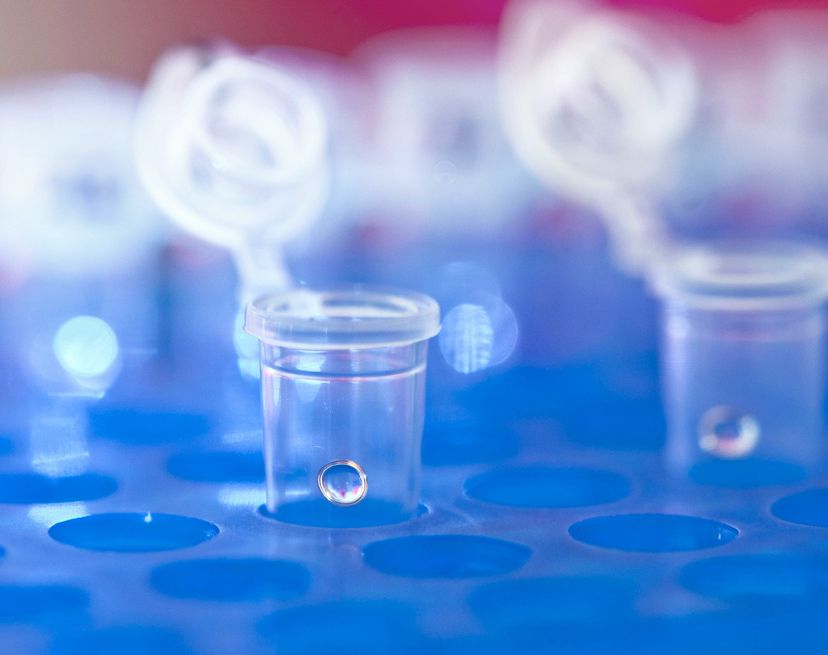
Plants are very good at producing oxygen that we all need in order to breath, but what about clearing the air of harmful chemicals? Past research has revealed that plants do a bit of housekeeping when it comes to cleaning the air of certain compounds but researchers wondered if they could help boost that function with a genetic tweak.
In new research published in Environmental Science & Technology, researchers explain how they were able to give a common house plant more power to clean the air around it, and it’s all thanks to DNA from a mammal.
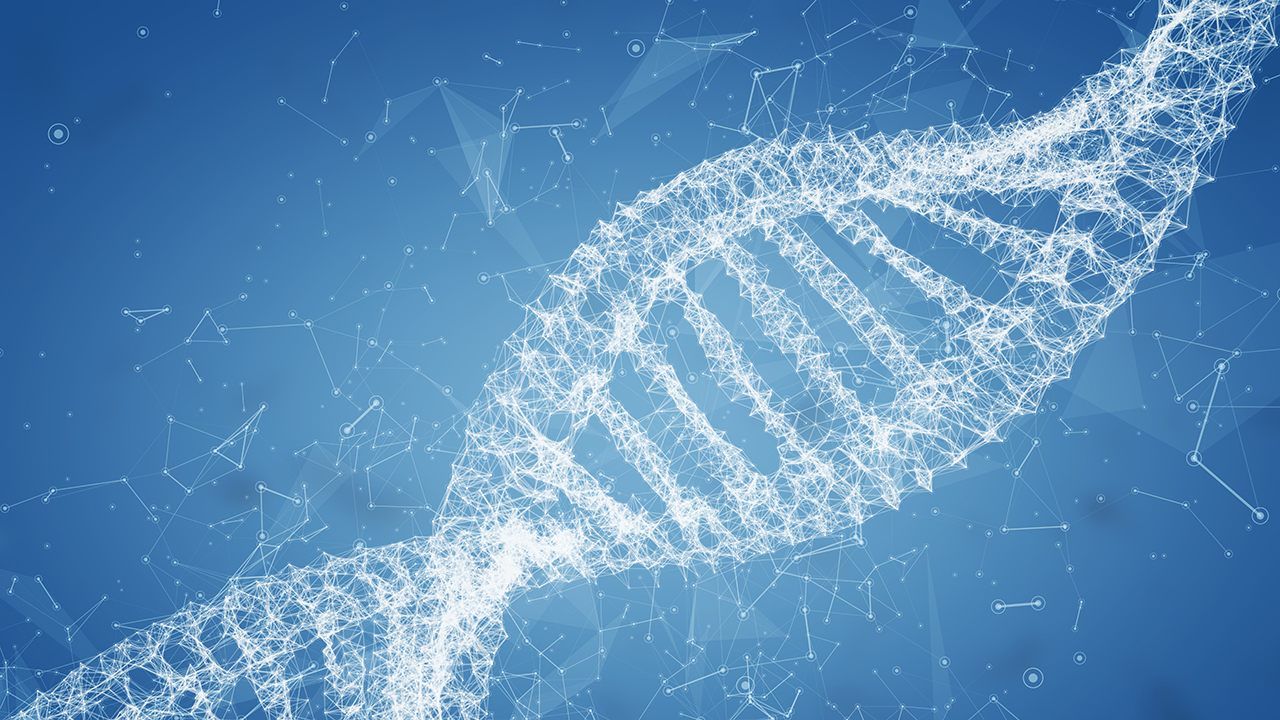
A biohacker injected himself with DNA sequence made from parts of the Bible and Koran in a risky experiment because he “wondered whether it would be possible.”
Adrien Locatelli, from Grenoble in France, translated religious passages into DNA code to build unknown proteins which he then poured into his body.
The high-school student risked potentially fatal consequences after conducting the procedure without any knowledge of the effects the proteins would have on his body.
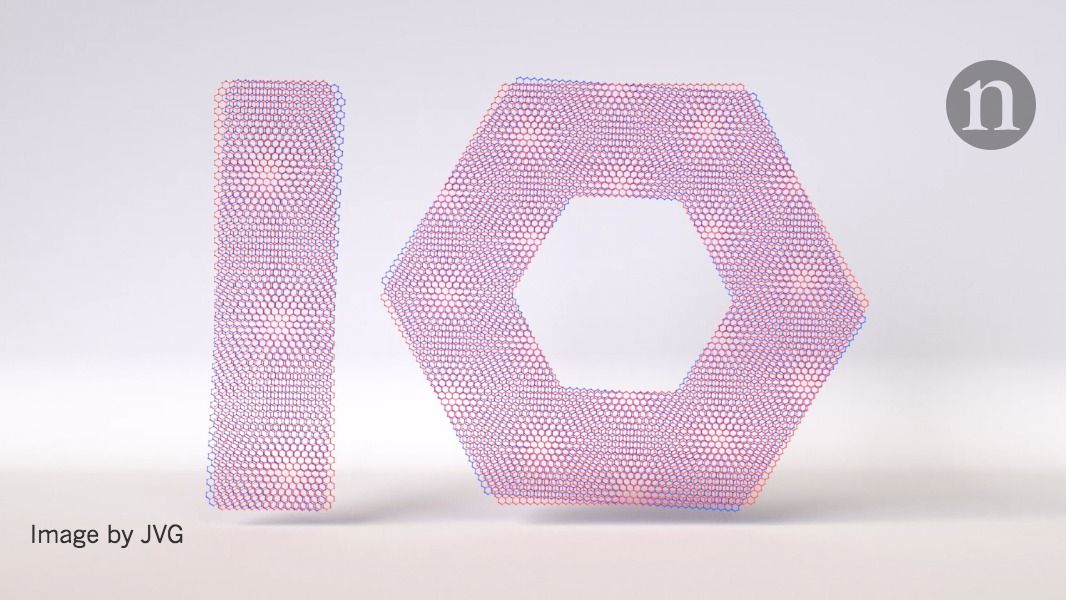

I am overjoyed to be co-hosting the second “Undoing Aging” conference together with Michael Greve just one year after the first, thanks to the generosity and hard work of Michael’s Forever Healthy Foundation and their team.
It is now entirely appropriate to be holding conferences on rejuvenation biotechnology every year, given how rapidly the field and the industry have grown relative to a decade ago, when my conferences in Cambridge were biannual. As you will see below, we are again assembling a huge variety of world-leading speakers whose research spans all aspects of rejuvenation biotechnology.